 |
Janacek: Diary of One Who Disappeared - Ed Lyon, Lucy Schaufer - Scottish Opera
(image take from live stream)
|
As part of the Lammermuir Festival, Scottish Opera performed Janacek's dramatic song-cycle
The Diary of One Who Disappeared (Zápisník zmizelého) in a new concert staging directed by Rose Purdie streamed live from the Theatre Royal, Glasgow with tenor Ed Lyons and mezzo-soprano Lucy Schaufer. Stuart Stratford conducted members of the orchestra of Scottish Opera, using an orchestration of the piece by the Czech composers Miloš Štědroň (born 1942) and his son Miloš Orson Štědroň.
The opera was filmed on the stage of the Theatre Royal, with Ed Lyon loosely in dress of the period of composition (1917-1919) and seated at a desk, but with his back to the auditorium so that throughout, we were aware that this was taking place in a theatre. Lyons made a passionate protagonist, bringing the role vividly alive whilst Lucy Schauffer was a sexily soignée Žofka, very much not a floozy.
Technically a song cycle, Janacek included scenic demands in the score and it responds to an element of staging. Here, Purdie's direction was elegantly minimal, yet allowing the drama to live. The three off-stage voices were Catriona Hewitson, Heather Ireson and Sioned Gwen Davies. The orchestration brought an interesting new range of instrumental colours to the score. [Lammermuir Festival]
Voces8's festival Live from London on Saturday 19 September 2020, featured a recital by Harry Christophers and The Sixteen which came live from Kings Place, complete with a live audience. The Sixteen, fielding just eleven singers, were joined by narrator Antonia Christophers for a programme called Music for Reflection which interleaved works by Anerio, Josquin, Sheppard, Victoria and Arvo Pärt with readings from TS Eliot's Murder in the Cathedral.
Things began and ended with a pair of striking litanies to the Blessed Virgin Mary, the first by Felice Anerio and the last by Tomas Luis de Victoria, whilst we also heard Josquin's hymn to the Virgin, O Virgo prudentissima, and his Pater Noster and Ave Maria, plus John Sheppard's glorious Respond Libera Nos I (written during the revival of the Roman Catholic liturgy in England during the reign of Queen Mary I). Interleaved with these were Arvo Pärt's The Deer's Cry, Da Pacem Domine, and Morning Star. Familiar pieces but receiving finely elegant performances which took on an added resonance in the intimate performances in the present situation. [LiveFromLondon]
The London Mozart Players (LMP) has just launched its own on-line series, Classical Club with concerts performed live from various venues around London and streamed live (also available for catch up). I caught the first concert of the series when the orchestra, directed from the violin by Ruth Rogers, performed Prokofiev's Symphony No. 1 'Classical' and Schumann's Cello Concerto with soloist Maciej Kulakowski (who is currently a member of YCAT).
The concert came from LMP's home, the church of St John the Evangelist in Upper Norwood, a spacious Victorian church. Yet the space was needed, even in chamber orchestra formation the players, socially distanced, took up an enormous amount of space and throughout the performance I was impressed with the way they achieved such fine coordination despite the difficulties of distance. Having the Prokofiev played by a chamber orchestra meant that we could hear all sorts of felicities of detail, as the strings no longer dominated. The first movement was steady, yet crisp with added zip at the end. The elegant slow movement had a nice incisive element too, whilst the third was robustly decisive. Any steadiness of tempo vanished for the finally, which whizzed along with a sense of vivid energy and the players' sheer enjoyment at music making.
The young Polish cellist, Maciej Kulakowski brought a lovely rhapsodic feel to the cello part of Schumann's late concerto (written in 1850 yet never performed during his lifetime). There was also a chamber-like intimacy in the performance as Kulakowski's performance fitted in with that of LMP to create a fluidly flowing whole. You could hear Kulakowski throughout with great clarity, yet it never felt like a bravura, show-off performance, instead he brought out the lyrical elements and a sense of being part of the orchestra. The second movement includes the lovely section where the soloist duets with the orchestral cellos, and this was finely rendered. Throughout there was a great transparency of texture. Finally, the engaging third movement, with its echoes of the first. The next concert in the series, on 1 October 2020, features clarinettist Michael Collins with players from LMP in clarinet quintets by Weber and Mozart. [London Mozart Players]
Hatfield House Chamber Music Festival continued with a lovely song recital from soprano Katherine Broderick, pianist Kathryn Stott and cellist Guy Johnston in music by Schubert, Faure, Berlioz and Quilter. Broderick's operatic repertoire encompasses Brunnhilde in Wagner's Siegfried, the Marschallin in Strauss' Der Rosenkavalier and Lady Billows in Britten's Albert Herring, and she recently made her role debut as Leonore in Beethoven's Fidelio at Garsington, yet she is also a keen recitalist and I still vividly remember her performance of 'The Fieldmarshal' from Mussorgsky's Songs and Dances of Death with the Myrthen Ensemble at the Wimbledon International Music Festival in 2014 [see my review].



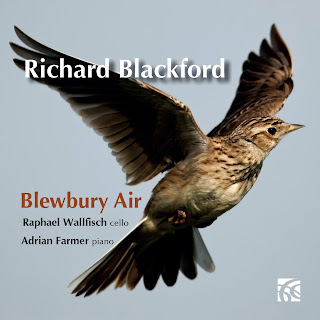
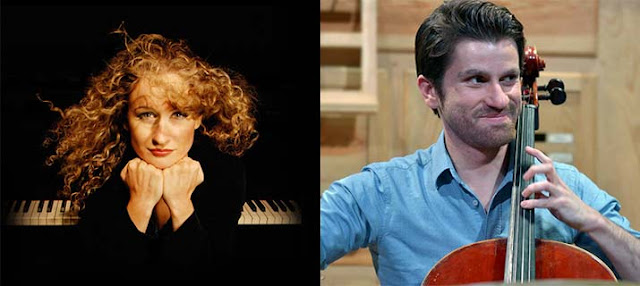





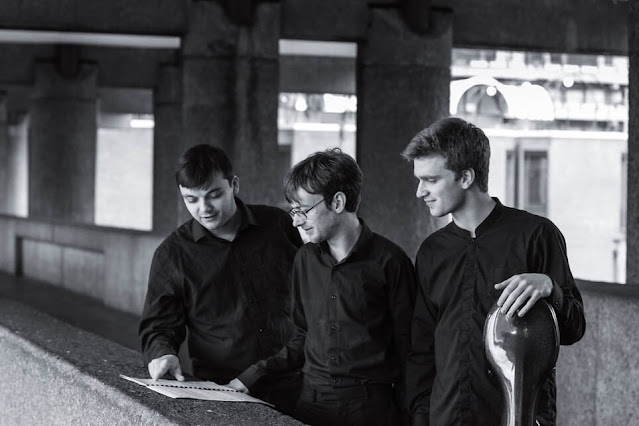




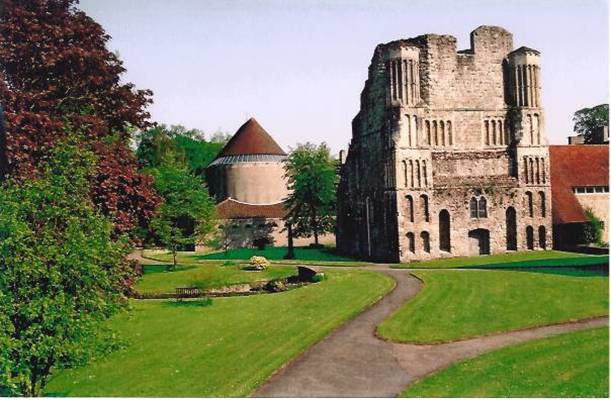
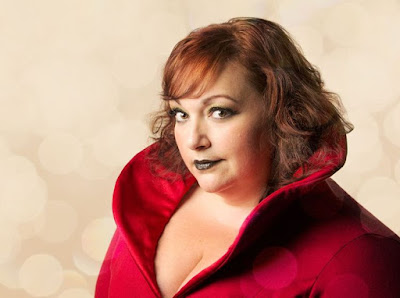


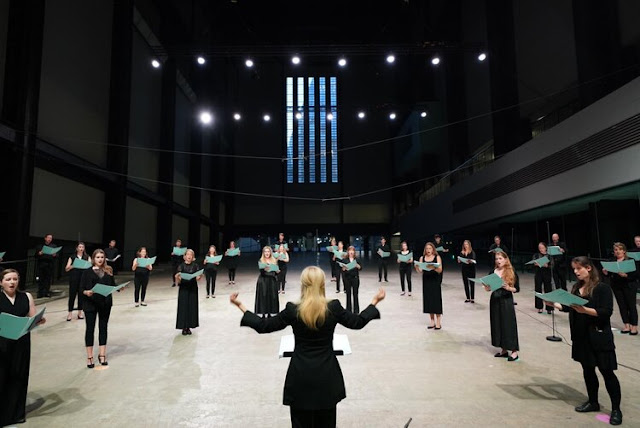








.jpg)






%20Craig%20Fuller.jpg)